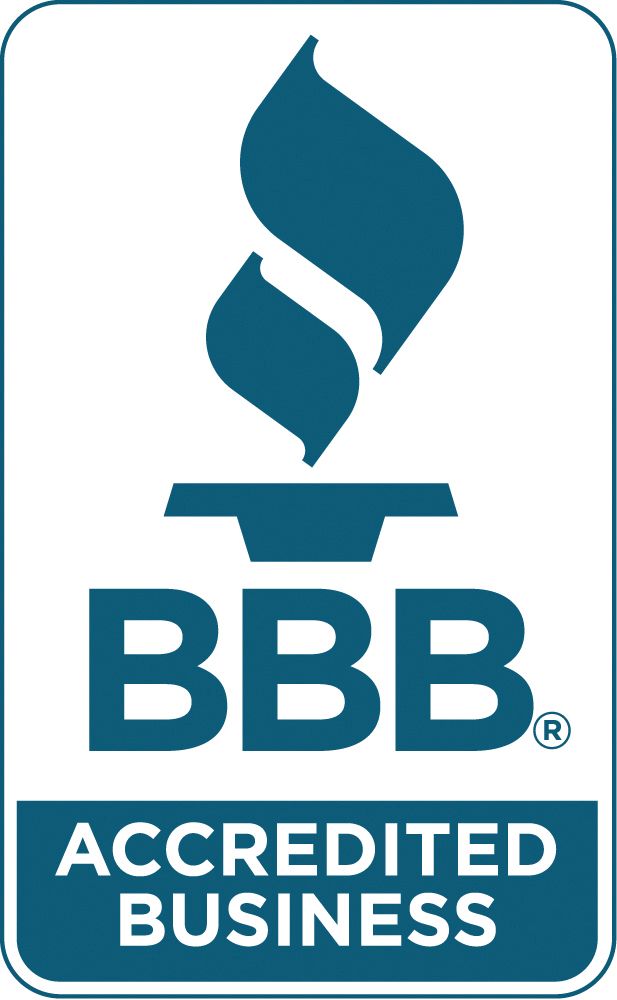Effective and Efficient School-Based Mental Health
The California Department of Education is calling for more mental health counseling at schools. To have value to the schools, parents, and students, the services must be effective and efficient. The challenge of recruiting, hiring, and training staff is only one of the obstacles. Accessing, receiving services, and integrating the counseling with the student’s family also need to be done.
Effective and efficient school-based mental health requires a collaborative approach. This exists from the mental health provider through to the school and their personnel. The first step is to get the school or the district’s buy-in to mental health services. Many school administrators are resistant to offering these services. Lack of space for confidential services, objections to taking students out of class for therapy, and other barriers exist. To provide effective and efficient services, the mental health advocate needs to explain the cost-benefit of mental health services. Schools receive funds based on attendance. When students do not function, they do not attend a class which reduces the school’s reimbursement. Since mental health is a key component of lack of attendance, school administrators need to see the rewards to their school. Also, shuffling a student from one school to another doesn’t alleviate their mental health difficulties. Administrators need to develop trauma-informed campuses where students are not punished for mental health behaviors but directed to proper services.
The next step is to educate the staff at school about the rationale for these services. Youths with academic, behavior and attendance problems have a higher likelihood of also experiencing mental health problems. Students reporting severe mental distress were four times as likely to report low academic self-efficacy and twice as likely to report delayed study progress compared to students reporting few or moderate symptoms of mental distress. Teachers already know the signs and symptoms of students with behavioral problems; this is what they are good at. Providing them a mechanism to refer youths for services ensures access to the youth.
The mental health agency also needs to accurately predict the number of staff for school-based mental health services. Projecting the number of referrals, the length of stay in treatment, and the percentage of students dropping out of services are all variables that create a staffing pattern. Plus working with a school requires collegial relationships with principals, counselors, and school staff. The mental health professional needs to consider themselves as part of the school team.
Lastly, school-based mental health services need family involvement. This participation may not occur at the school, but the mental health professional should include the parents or caregivers in the student’s progress. No therapy for a child that does not involve their parents will succeed; effective and efficient treatment occurs when the family participates.
Praxes provides consulting to school districts on implementing school-based mental health services. For more information, please contact us.




